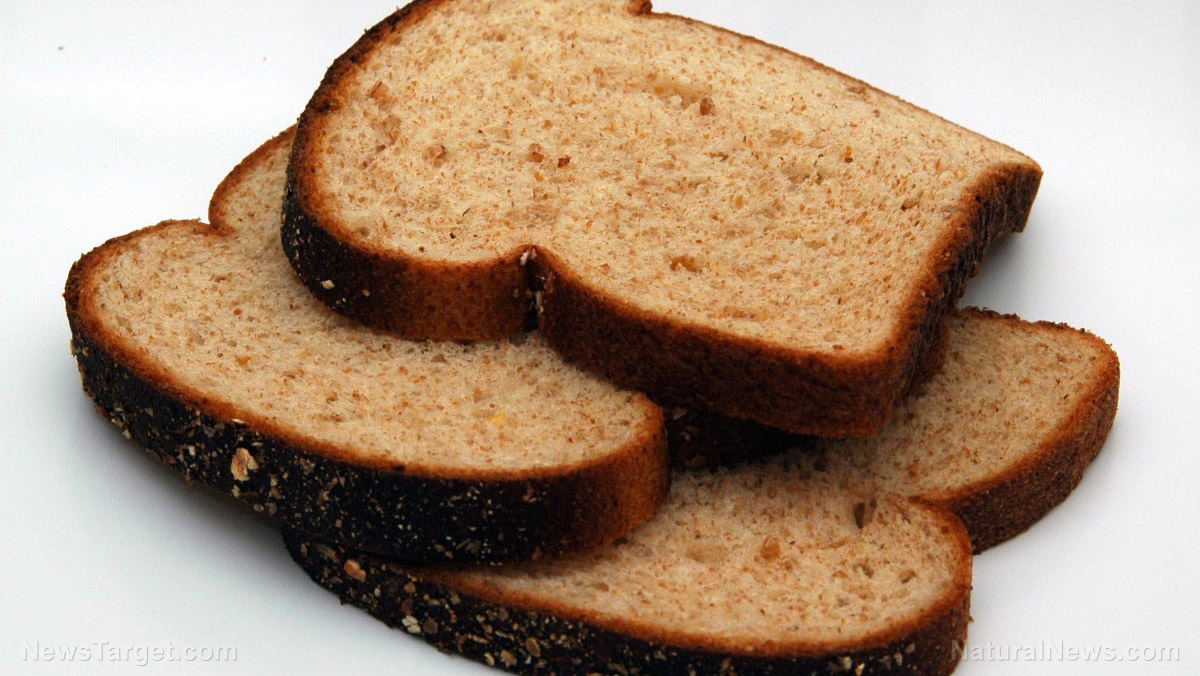Drinking moderate amounts of alcohol found to have a negative impact on brain health
06/10/2017 / By Tim Wesley

You might want to think twice before reaching for another shot of that drink especially if you have a big day at work the next day. A new study published in the British Medical Journal (BMJ) showed that drinking moderately may not be as harmless as you believe. In fact, it makes you three times more likely to suffer cognitive decline than those who don’t drink at all.
Everyone knows that excessive alcohol drinking is bad as it can lead to a series of health problems. Aside from nausea, vomiting, and awful hangovers, long-term drinking can lead to permanent brain damage, mental problems, and alcohol dependence. It’s also a significant risk factor for developing certain types of cancers, like throat and mouth cancers. It can also lead to cirrhosis of the liver, which can also possibly develop into liver cancer.
The list goes on. Too much drinking can cause high blood pressure, which increases your risk of getting a heart attack or stroke. In other cases, it can lead to certain types of dementia. Lung infections are also common after-effects of excessive drinking. Alcohol can also cause gastritis, stomach ulcers, and internal bleeding. There’s also a increased risk of cancer.
The notion that drinking alcohol moderately can be beneficial to the health may be popular because some studies have said so. One study of 84,000 women said low levels of alcohol can reduce women’s risk of stroke. Another showed that among women aged 65 and above, those who drink about five alcoholic drinks a week were 27 percent less likely to die compared to those who didn’t.
However, this new study puts these in question. In fact, in 2016 experts warned that drinking just one glass of wine or a bottle of beer per day can cause an abnormal hearth rhythm called atrial fibrillation, which is a major cause of heart failure and stroke.
Researchers at the University of Oxford and University College London set out to discover if moderate alcohol consumption would yield health benefits to the brain. They used data of 550 individuals who drank four pints of beer or five glasses of wine a week and found that, over the years, their brain health significantly declined. The results showed a reduced volume in the hippocampi, the area in the brain related to memory and learning.
The study spanned 30 years (1985 to 2015). The participants, who were not alcohol-dependent, had an average age of 43 at the start of the research. They were subjected to brain function tests at regular intervals. They had to undergo an MRI brain scan at the end of the research. The researchers adjusted confounders – factors that could influence the results – like sex, age, education, social class, smoking, stroke risk, physical and social activity, and medical history. They discovered that over the years, higher alcohol consumption was linked to an increased risk of hippocampal atrophy, a type of brain damage that affects memory and spatial navigation.
Data showed that those who drank more than 30 units per week had the highest risk. Even those who drank moderately (14 to 21 units a week) were thrice likely to suffer from hippocampal atrophy compared to those who don’t drink. Surprisingly, light drinking (maximum of seven units a week) didn’t yield a positive result either.
It is important to note that this is just an observational study, meaning the researchers didn’t perform a controlled experiment and instead depended on data from participants who went about their daily routines. They would still need to get more data to paint a vivid picture of the long-term effects of all types of alcohol consumption.
“Our findings support the recent reduction in U.K. safe limits and call into question the current U.S. guidelines, which suggest that up to 24.5 units a week is safe for men, as we found increased odds of hippocampal atrophy at just 14 to 21 units a week, and we found no support for a protective effect of light consumption on brain structure,” the researchers said.
Sources include:
Tagged Under: alcohol consumption, brain health, Effects of alcohol intake




















